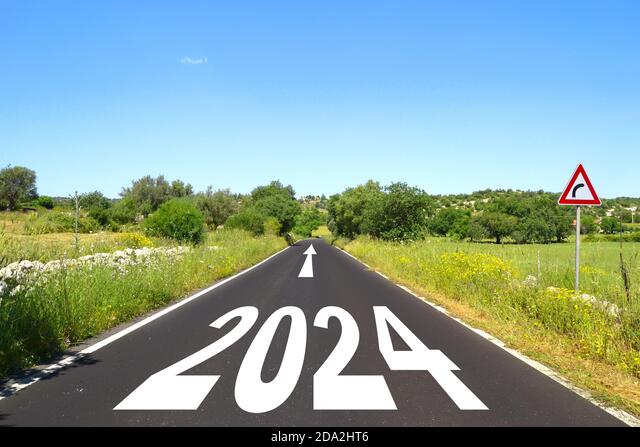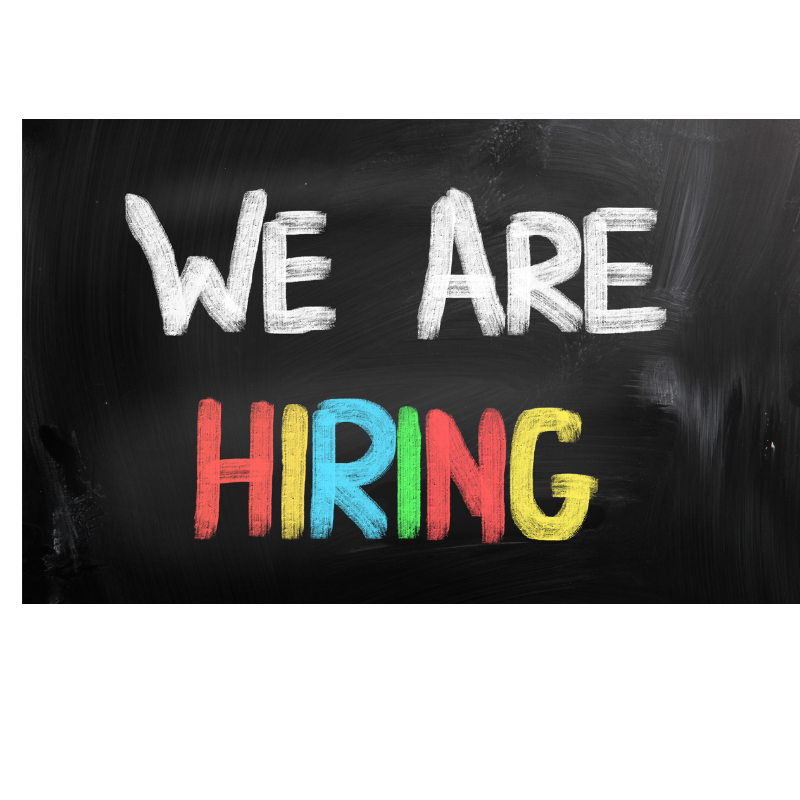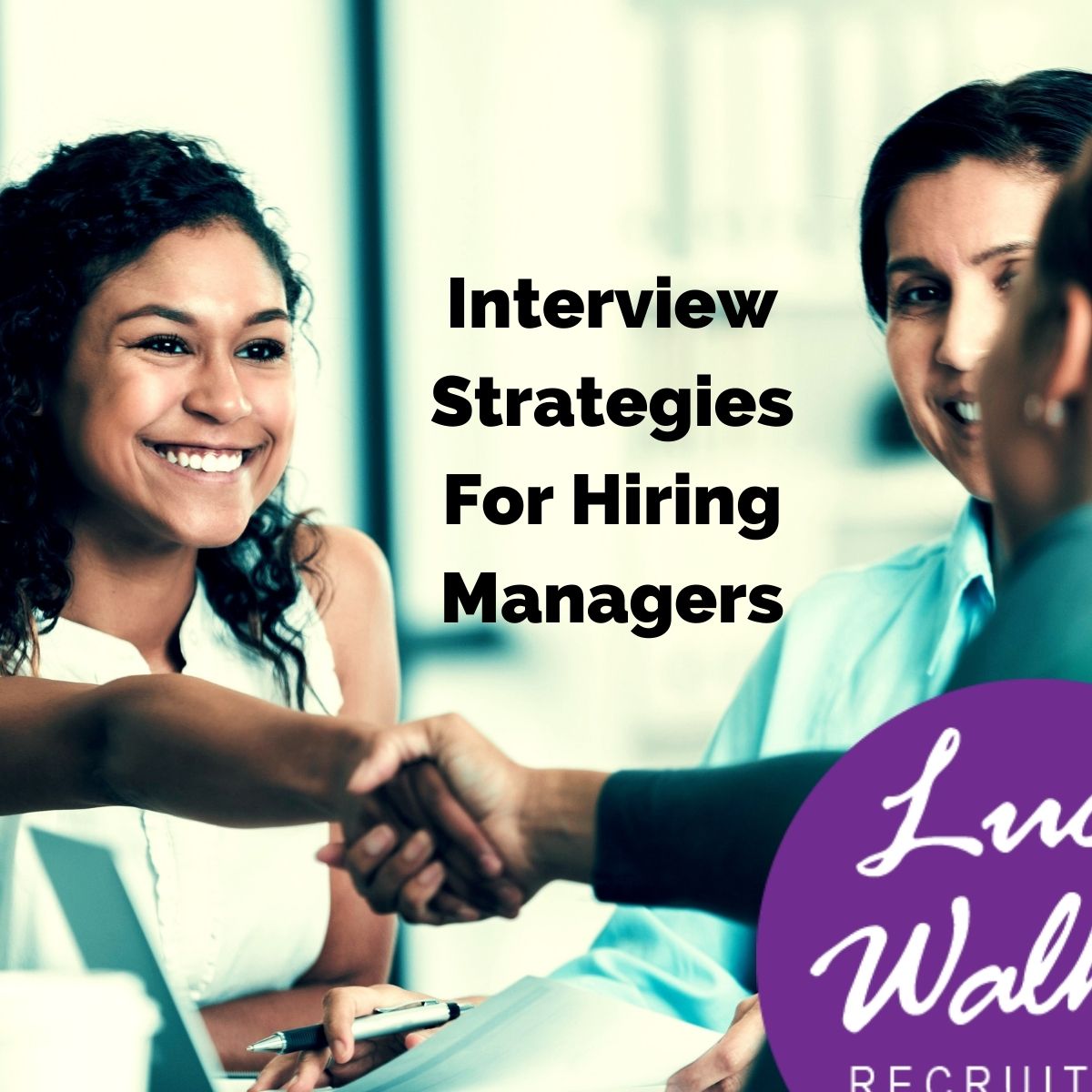We have all heard and probably experienced at first hand the stories of the fabulous candidate with a perfect CV for your vacant role who fails at the final interview stage, yet no one really knows why but it's back to the drawing board.
Frustrating for all, but do we understand why this happens and, most importantly, what can we do to prevent it happening and achieving our company goals?
I recall a would be Business Development Manager, who had an amazing CV and met with the unanimous approval and excitement of the Sales Director and Operations Director during the Stage 1 and Stage 2 Interviews. But then at the informal stage 3 process, which the candidate has been advised was just a formality, failed to get the approval of the CEO.
The subsequent conversation between the invested parties invariably went something like this. The CEO who in this instance had the final say, felt that the preferred candidate of the Sales and Operations Director was just not strong enough for what they believed was an independent role whilst the Sales and Operations Director believed the candidate was perfect and they wouldn't find a better candidate for the role.
The subsequent frustration all round was palpable!
Why does this happen?
It happens quite simply because the parties involved in the interview process have a different perception of what the ideal candidate should be.
What do we mean?....
Well, if the CEO sees the ideal candidate for the role as being an extremely dominant, people orientated, easy going, conscientious individual. But, the Sales and Operations Directors want a more cautious, detail orientated, restless but determined person. They are never ever going to agree on the same type of person for the organisation!
When the 'perfect' CV was reviewed and selected, these personality traits will not have been evident to any extent and it was the skills and experience which is identified at this point and come to the fore. They are the basis on which the candidate was invited into the Interview process.
In this scenario, the Business Development Manager's CV is perceived as 'great' in terms of skills and experience. The difference only becomes apparent, unfortunately for all given the time spent to date, at Interview stage 3. This could just as easily happen at Interview stage 1 or 2.
In that example the person who would conduct the final interview conversely wonders why no one ever gets to that interview stage from the initial rounds of interviewing. Either way the time taken to recruit lengthens and the pressure put on the business or team to meet its corporate goals becomes forever greater.
How do we overcome this?
Profiling the Candidate is the key way to resolving this issue.
If we assume that the job spec has been agreed by all parties involved in the search and that the skills and experience have been agreed, the next step which is often and wrongly missed out, is for the interested parties to profile the ideal candidate.
We use the McQuaig Institute for our profiling. This software illustrates how each of the interviewers involved in the process views the perfect candidates using the DISC methodology of personality assessment.
Under the DISC method there are various levels they may fall between the 4 key areas:
- Dominance - Accepting
- Sociability - Analytical
- Relaxation - Drive
- Compliance - Independent.
Now with their differing profiles to hand (assuming there are differences which invariably there are), informed conversations can be held between the parties before, during and after the process to ensure good candidates are not rejected for the wrong reasons.
If the CEO in our example goes into the process understanding that their preference is for someone more bullish and "in your face" than the Ops Director and Sales Director who want more of a logical analytical type person and understands their rationale for this approach, given they will be the day to day contacts of the successful Business Development Manager, the CEO will hopefully be inclined, unless they are a tyrant and absolute autocrat, to bow to their knowledge and bear these key factors in mind when interviewing this person. He will also be prepared for this in advance rather than simply being told the Candidate is perfect and then not meeting his expectations of the ideal person.
Without this profiling, there is often a real risk of 'Interview Inertia' impacting your organisational objectives and goals.
Sounds good?
Hopefully you agree and understand what an important role this plays in preventing both 'Interview Inertia' and also in reducing the probability of a bad hire by preventing a business from taking on a candidate who matches the skills for the role but not the required behaviours needed to succeed.
The cost of a bad hire can be significant cost for many businesses as outlined here, so all the steps that you can put in place to reduce the risk in your hiring process the better.
If you would like to evaluate your hiring processes as you seek to reduce the risk of a "bad hire" why not complete our Hiring Checklist exercise.
Also why not call us on 0113 367 2880 to speak to one of our experts to discuss how we can help your recruiting needs and how we can help you integrate profiling into your hiring process.

























